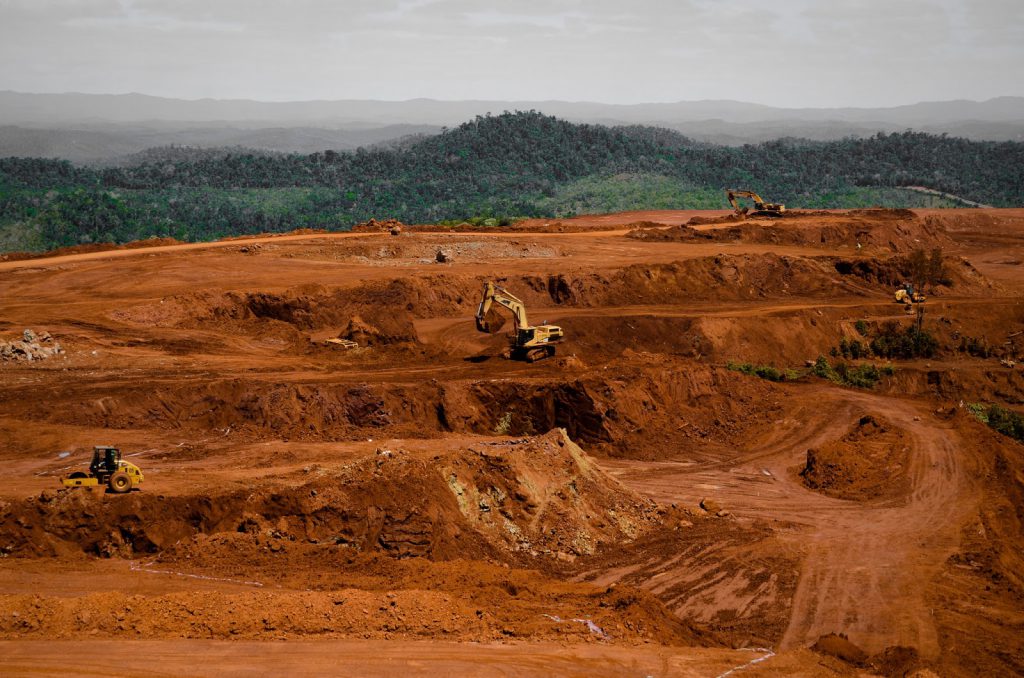Madagascar mining chamber criticises plan to raise minerals taxes

Madagascar’s mining chamber on Monday sharply criticised a draft mining law that proposes greater government revenue from mining activities, saying the changes will halt new investment and endanger existing mining operations in the country.
The bill, seen by Reuters last week, shows that Madagascar plans to increase its royalties on nickel, cobalt, precious metals, and gemstones to 4% from 2% at present. It also proposes a government stake of at least 20% in any marketable mining production.
Madagascar has one of the world’s largest nickel mines, operated by Ambatovy Minerals, which also produces cobalt
The mining chamber said in an emailed statement in response to questions from Reuters that the government did not consult the chamber, the private sector or civil society on the draft bill.
“The measures envisaged clearly run counter to the attractiveness of Madagascar as a destination for responsible and sustainable national and international mining investments,” the statement read.
The chamber added that the measures will “endanger” mining companies already operating in the country and “bring a sharp and immediate halt to the potential arrival of new investors”.
Mining royalties would rise to 8% from 2% for raw precious stones. Rough industrial stones would attract a 6% royalty rate while cut industrial stones would be taxed at 3%.
Mines Minister Fidiniavo Ravokatra told reporters last week that Madagascar has compared its royalty rates with other countries and categorised different minerals.
Democratic Republic of Congo introduced a new mining code last year increasing the royalty rate for precious metals from 2.5% to 3.5%, causing an outcry from miners operating there.
Madagascar has one of the world’s largest nickel mines, operated by Ambatovy Minerals, which also produces cobalt.
Chromium is also industrially exploited in Madagascar, along with ilmenite which is mined by Rio Tinto’s QIT Madagascar Minerals.
(By Lovasoa Rabary and Maggie Fick; Editing by Emelia Sithole-Matarise)
More News
{{ commodity.name }}
{{ post.title }}
{{ post.date }}




Comments